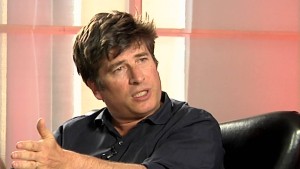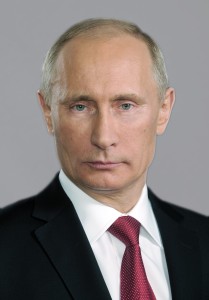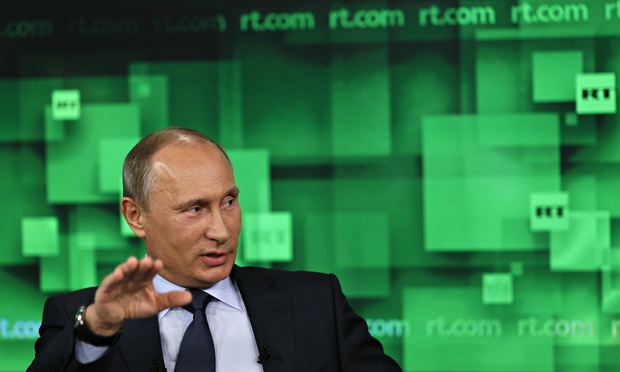Anyone who follows the machinations of today’s news and social media ecosystems will no doubt recognize the danger to society when factually inaccurate stories catch fire and influence public opinion. We saw this following the Boston Marathon bombings and many other instances when legit, but impulsive journalists share unverified news with their social followers.
The Online News Association recently held a session at Twitter’s NYC offices to address the growing problem of proper verification, while showcasing some of the new tools available to journalists to quickly ferret out dubious information to prevent such journalistic mistakes.
The public has already grown to accept how the private sector, NGOs and political advocacy groups create “news” content to advocate for their products, services and POVs. We also even tolerate news organizations that rush to be the first to report news, only to be forced to recant later.
Yet today we’re seeing a new and much more pernicious trend wherein individuals, sovereign states and non-state actors, under the false guise of a journalistic enterprise, purposely hack the news for their own aggrandizement.

In a piece title “Media Hacking” published on Medium, Betaworks CEO John Borthwick scarily tracked the genesis of two stories that he showed were insidiously created to deceive the public. He writes:
“Media Hacking refers to the usage and manipulation of social media and associated algorithms to define a narrative or political frame. Individuals, states, and non-state actors are increasingly using Media Hacking techniques to advance political agendas. Over the past year we’ve seen a number of such incidents occur — where both social media and mainstream media were manipulated to advance a particular agenda.”
And no state is more duplicitous (and effective) in this regard than Mr. Putin’s Russia. Does anyone actually believe that Chechen separatists killed Putin adversary Boris Nemtsov? (In the non-state actor category, ISIS is giving Russia a run for its money.) Both examples cited in the Borthwick piece had their origins in Russia. The first propagated the false notion that 26% of French youth supported ISIS. It was based on a dubious survey:
“Beyond the methodology, the survey was commissioned by Russian news agency Rossiya Segodnya. The trail of the media breadcrumbs seem to be as follows: Rossiya Segodnya commissioned a survey to test support or opposition to the admissions of Georgia and the Ukraine into the EU, the ISIS question was secondary.”
 The second “hack” used a much more sophisticated approach to publicize a supposed terrorist attack on a chemical plant in Louisiana:
The second “hack” used a much more sophisticated approach to publicize a supposed terrorist attack on a chemical plant in Louisiana:
“Over the years, we’ve seen a lot of odd things unfold on Twitter, and we must say that this hoax was one the weirdest ones we’d ever seen. The Twitter operation for this hoax began on September 10th, a day before the “supposed explosion,” when thousands of Russian twitter handles participated in a Tweetstorm getting the #DeadHorse hashtag to trend across a number of Russian cities — eventually even in Moscow and Saint Petersburg.”
Separately, this weekend I received an email from someone named Charles Bausman posing as an America editor. He wrote:
“Hi Peter,
We are a group of 50 volunteers, mostly from North America and Western Europe, fighting against the corporate media lies about international politics in general and Russia in particular.
I started this website, www.Russia-Insider.com , less than 6 months ago at my kitchen table. I thought it would be a small blog expressing my disbelief in the biased and inaccurate picture painted by the mainstream media like The New York Times, The Washington Post, CNN and Economist. I wanted to offer an opportunity to speak up for everyone interested in fact checking and investigating the reasons behind the topics and opinions promoted by major newspapers…”
Of course, Mr. Bausman’s Twitter profile reveals his true identity as that of a Russian business executive who’s gotten in the game of creating a faux news organization to advance Russia’s (his) interests. It wouldn’t surprise me if he is just another paid shill in Russia’s massive media war to deceive the world. My note back to him read:
Just what the world needs: another Russian propaganda arm.
You should be ashamed.
No thanks!

